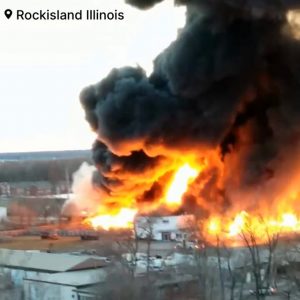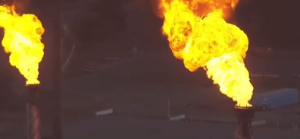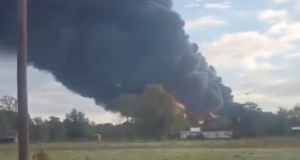A wildfire near the ruins of the Bronze Age site of Mycenae in Greece that prompted the evacuation of visitors to the archeological site was contained Sunday, firefighters said.
The fire that started at noon near the tomb of Agamemnon, the king of Mycenae who was killed during the Trojan War, “is partially under control”, Greek Fire Brigade said.
The flames licked the ruins but the fire department insisted there was no danger to the site’s museum.
The fire went through “a section of the archaeological site and burnt some dry grass without menacing the museum”, the commander of the southern Peloponnese region’s fire brigade, Thanassis Koliviras told Athens News Agency.
The Ministry of Culture issued a statement saying that according to a first inspection, “the fire hasn’t caused damage to the antiquities” adding that “a team of experts will assess the consequences” later.
In the second millennium BC Mycenae was one of the major centres of civilisation in the Mediterranean.
Greece annually grapples with wildfires during the dry summer season, with strong winds and temperatures frequently exceeding 30 degrees Celsius (86 degrees Fahrenheit).
Thirteen years ago, fire threatened the temples and stadiums of ancient Olympia, birthplace of the modern Olympic Games.
Firefighters were able to save the site on the Peloponnese and no serious damage occurred.





